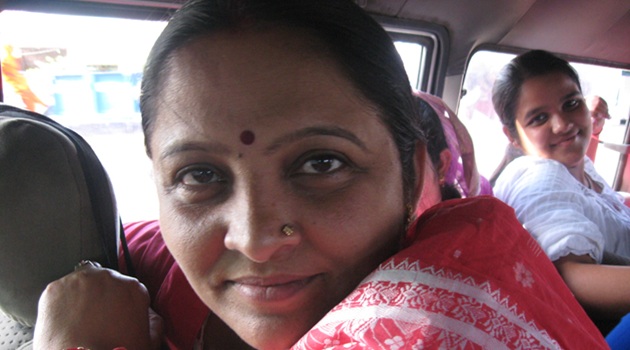Diet is the new mantra these days, and as the world observes World Food Day on October 16, why not pledge to adopt a healthier, planet-friendly diet?
Kicking Things Off on a Sweet Note
Added or free sugars provide no nutritional value and can cause harms when excessively consumed.
Intake, particularly in the form of sugar-sweetened beverages, has adverse cardiometabolic effects and has been positively associated with weight gain, type 2 diabetes, coronary heart disease, and total mortality.
According to Walter Willett, professor of epidemiology and nutrition at Harvard T.H. Chan School of Public Health, you should limit dairy to once a day, red meat to once a week, and eggs, poultry, and fish to about twice a week.
It’s time you focus on fruits, vegetables, nuts, legumes and whole grains, with moderate amounts of meat and dairy and very little added sugar, saturated fat, and salt.
“This is not a deprivation diet,” said Prof Walter Willett, adding, “This is something that could be delicious, aspirational and healthy. It also allows for cultural diversity and individual preferences, providing flexibility.”
Food Systems are a Major Contributor to many of the Crises We Face Today
In a latest, 2025 EAT-Lancet Commission report — produced by experts in nutrition, climate, health, economics, and agriculture from over 35 countries — concludes that changing global eating habits could prevent premature deaths, save trillions, and mitigate climate change.
The report also says that by adopting a healthy, planet-friendly diet — along with reducing food loss and waste and boosting agricultural productivity — some 9.6 billion people could eat nutritiously and equitably.
Commenting on the report, S. K. Gautam, CEO of Udyam Agri, said that the real challenge is to make healthy food affordable and within everyone’s reach.
Gautam stressed that India should launch a nation-wide campaign – ‘Make India Healthy Again’ since our food production system is also the biggest cause of the destruction of wildlife and forests and the pollution of air and water.
The Lancet Report has found that the wealthiest 30 per cent of the world’s population generates more than 70 per cent of food-related environmental damage.

It recommends shifting taxes to make unhealthy food more costly and healthy food cheaper, regulating the advertising of unhealthy food and using warning labels, and the shifting of today’s massive agricultural subsidies to healthier and more sustainable foods.
Approach to Defining Healthy Diets
What do you say? Shouldn’t your healthy diets be adequate, diverse, balanced, and moderate? Defining healthy diets for a global population may be complicated because nutritional requirements vary by factors including age, sex, body size, physical activity level, pregnancy and lactation, health status, and genetics. However, the effects of diets are similar across ancestry or ethnic groups due to common underlying human biology.
What Experts Recommend: Plant-Rich, Flexible Diets, including:
- Fruits and vegetables – at least five portions a day
- Whole grains – three to four portions a day
- Nuts – one portion per day
- Legumes (beans, peas, lentils) – one portion per day
- Dairy – one serving of milk, yoghurt or cheese portions a day
- Eggs – three to four a week
- Chicken – two portions a week
- Fish – two portions a week
- Red meat – one portion a week






